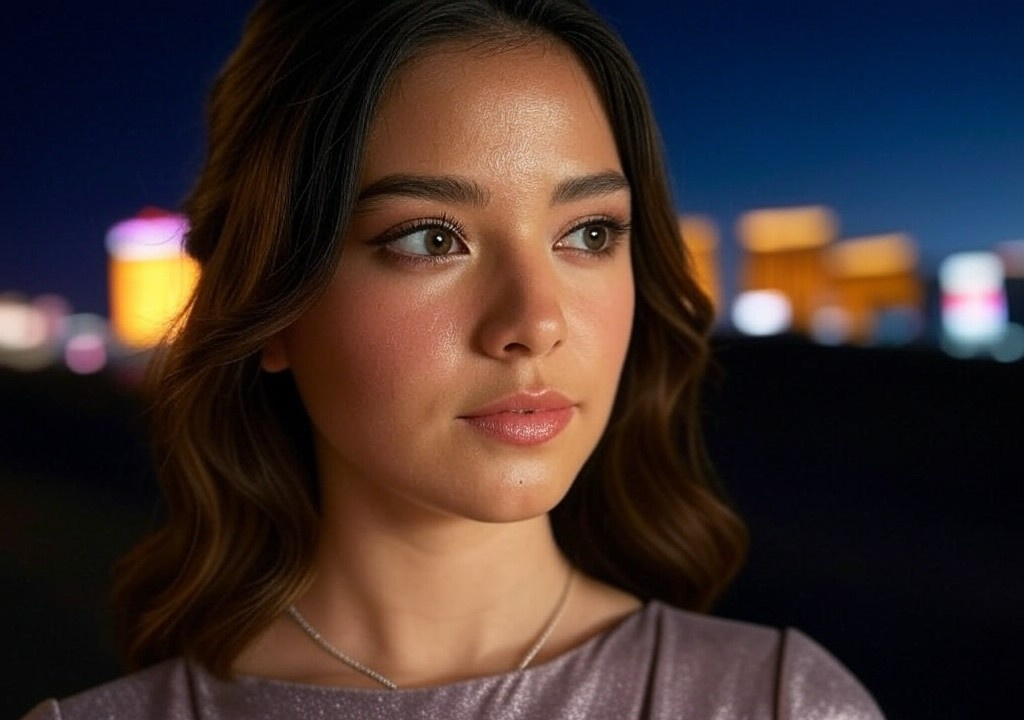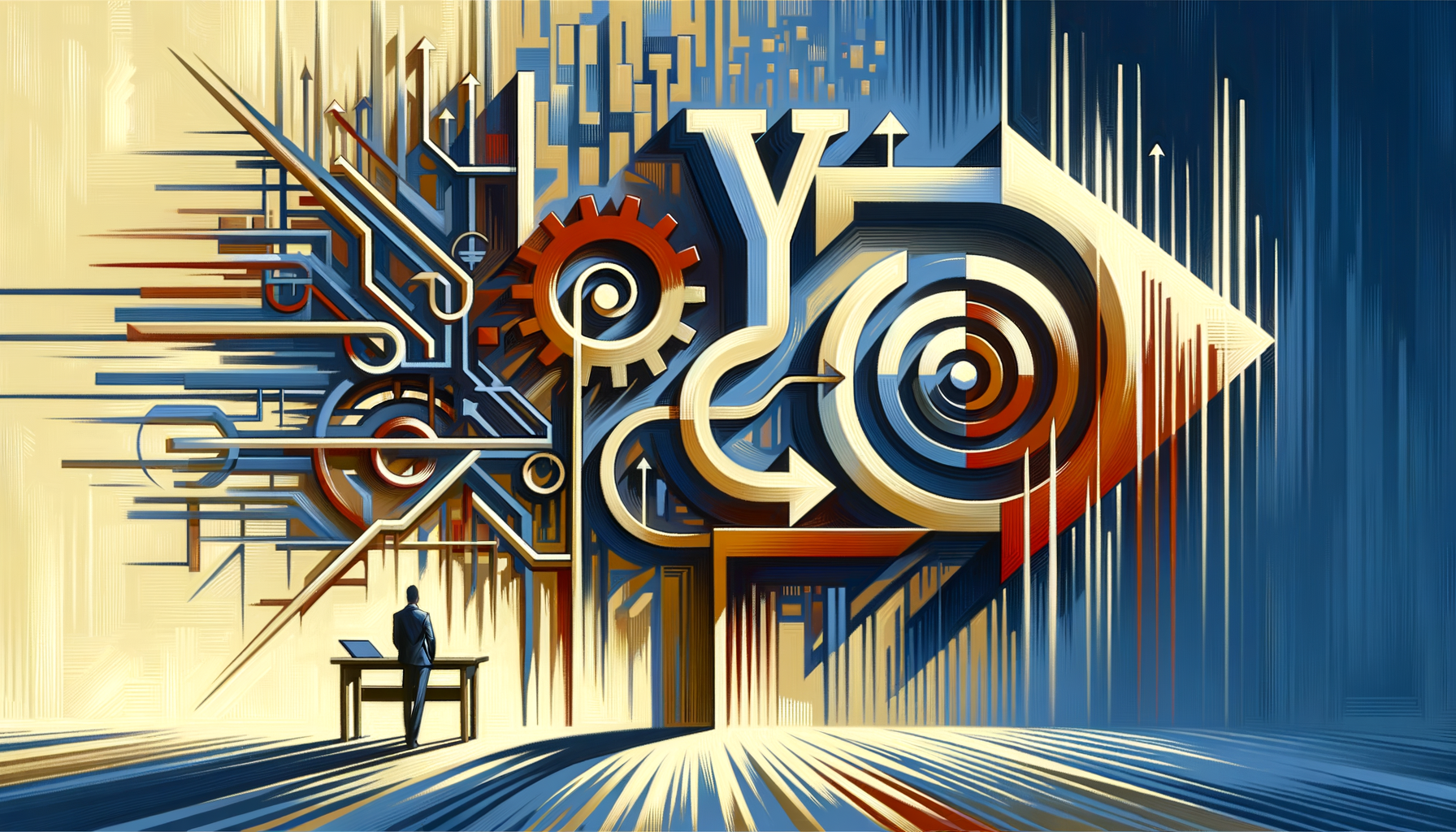The First Time I Felt Seen
It happened on a Wednesday, which honestly feels right. Not a dazzling Friday with champagne bubbles or a lazy Sunday wrapped in nostalgia, but an unassuming middle-of-the-week Wednesday. Specifically, one of those sticky desert evenings in July when the Vegas heat hugs you like an overenthusiastic aunt at Thanksgiving. I was twenty-two, fresh out of college, and doing what every twenty-two-year-old with a degree in English and a flair for Dramatic Oversharing does: hosting spoken word nights at a downtown coffee shop that doubled as a tattoo studio. Because, of course.
I stepped onto the tiny stage, a creaky platform with poorly strung fairy lights, and started reading a new piece I’d written—something I was both proud of and terrified to share. It was a sharp departure from my usual cadre of carefully polished short stories. This was raw, personal, and not-so-coincidentally about my parents' divorce and the whole labyrinth of heartbreak that came with it.
I spoke, nervous and vulnerable, but fueled by that reckless kind of bravery you only have when you’re not entirely sure what you’re doing. Halfway through, I noticed a man in the back—a stranger—lower his coffee cup and lean forward. Not much, just a slight tilt, but something about his small motion felt massive. He wasn’t just listening; he was hearing. Every word I spilled out about family failures and my endless childhood attempts to play peacemaker between sequined costumes and dressing room arguments wasn't falling into the abyss after all. For the first time, I saw someone really sitting with my story… reflecting in it, maybe even recognizing a little of himself in it.
It wasn’t about romance—it wasn’t even about him, really. But in that moment, with that stranger’s simple act of acknowledgement, I felt truly, completely seen. It cracked something open in me, something that had long been buried under protective layers of one-liners and half-truths. And if I can pinpoint the exact moment that changed how I approached relationships—in every form—it was that humid, neon-lit Wednesday evening.
The “Vegas Mirror” Effect: When You’re Reflecting, Not Hiding
Vegas, as a city, isn’t designed for authenticity. Let’s be real: we’re built on a foundation of grand illusions and stagecraft. Everything here is larger than life. Even our small talk has a sparkle to it—“How’s work?” is code for “What wild side hustle have you picked up lately?" Growing up here, I learned early on how to craft an image. The daughter of a man who worked magic behind the scenes and a mom who turned scraps of fabric into sequined fantasies? I was practically destined to hide behind metaphorical feather boas.
But here’s the thing about illusions: they may dazzle the room, but they don’t build bridges. And when we’re striving for connection—deep, meaningful connection—they’re a fast track to nowhere. The instinct to mask certain parts of ourselves in relationships, intentionally or not, can feel safer. But safe and seen aren’t synonymous.
That night on stage proved something I still carry today—that recognition often starts when someone witnesses the parts you weren’t sure you should show. And to be recognized, you need to risk being a little unpolished, a little unguarded. It’s scary as hell. But it’s worth it.
Finding Your “Seen” Moments—No Stage (or Neon Lights) Required
If you’ve ever walked off the emotional plank that is vulnerability, you know it’s both exhilarating and deeply uncomfortable. But when someone catches that invisible “you”—whether it’s your quirks, values, fears, or unspoken dreams—it can feel revolutionary. These moments don’t all look alike, but they share some common threads. Here’s what I’ve learned about fostering this magic:
1. Lead With the Imperfect Stuff
Think of the parts of yourself you’ve tried to tone down or edit out. Maybe it’s your borderline obsessive love for spreadsheets (we see you, color-coded Excel jugglers) or the way you start crying every time that Adele song hits the fourth verse. What if those quirks aren’t the distractions you think they are? What if they’re the bridges?
Vulnerability doesn’t mean throwing all your skeletons on the table at once, but it does mean leaving the door cracked. Start small. Maybe share a story or belief you’d normally hesitate to voice. The right people won’t flinch.
2. Watch for Energy Matching
The stranger with the coffee wasn’t just listening—he was existing on my level. And those are the kinds of connections that stick: when someone picks up your vibe without you having to wave a metaphorical flag. Whether it’s a friend, partner, or coworker, energy-matching is connection’s secret sauce. Be intentional about matching the energy of others, too—if someone’s putting genuineness on the table, meet that effort.
3. Be Playful About Serious Things (and Vice Versa)
Life exists in dualities. Relationships do, too. There’s room for seriousness and humor in both. Even in that coffee shop moment, unpacking all my Big Feelings™ about family, I peppered the piece with lighter anecdotes—like how my dad once used folded napkins as magic props to make my little sister laugh. Playfulness can foster safety. It reminds people that even intense parts of your story are approachable.
4. Look Beyond Surface Gestures
Sometimes, recognition isn’t a grand declaration or a bolt of lightning. It’s subtler—someone remembering your favorite obscure movie, texting you randomly when they hear a joke you’d laugh at, or nodding at the one-liners that nobody else seems to notice. Pay attention to these signals. They’re often where the gold lies. And if you’re feeling generous, reflect them back—seeing someone else for who they are works both ways.
Neon Lights, Desert Dust, and Owning Your Story
Not every “seen” moment comes with an audience. Most take place in quieter corners—across coffee shop counters, casual dinners, or whispered late-night conversations. Whether it’s with friends, family, or a partner, being seen ultimately takes practice and patience. It’s about giving others a chance to notice the unguarded version of you.
For years I built entire identities around the show. The polished narrator. The quick-with-a-joke friend. The girl in the rhinestone heels who always looked like she knew what she was doing (spoiler: rarely true). That stranger in the coffee shop wasn’t the first to hear one of my stories, but he was the first to truly feel the parts I wasn’t sure I could say out loud.
And that night—from behind a scratched microphone stand, with just a handful of people drinking lattes and beer—he reminded me of something critical: being seen starts with trusting your own story. It's messy. It's uncomfortable. And, in all the ways that matter, it's magic.
So, here’s to your next “seen” moment—whether it’s at home, out in the world, or smack dab in the middle of an ordinary Wednesday.
Because somewhere, someone’s waiting to lean in. All you have to do is give them something real to lean into.




















